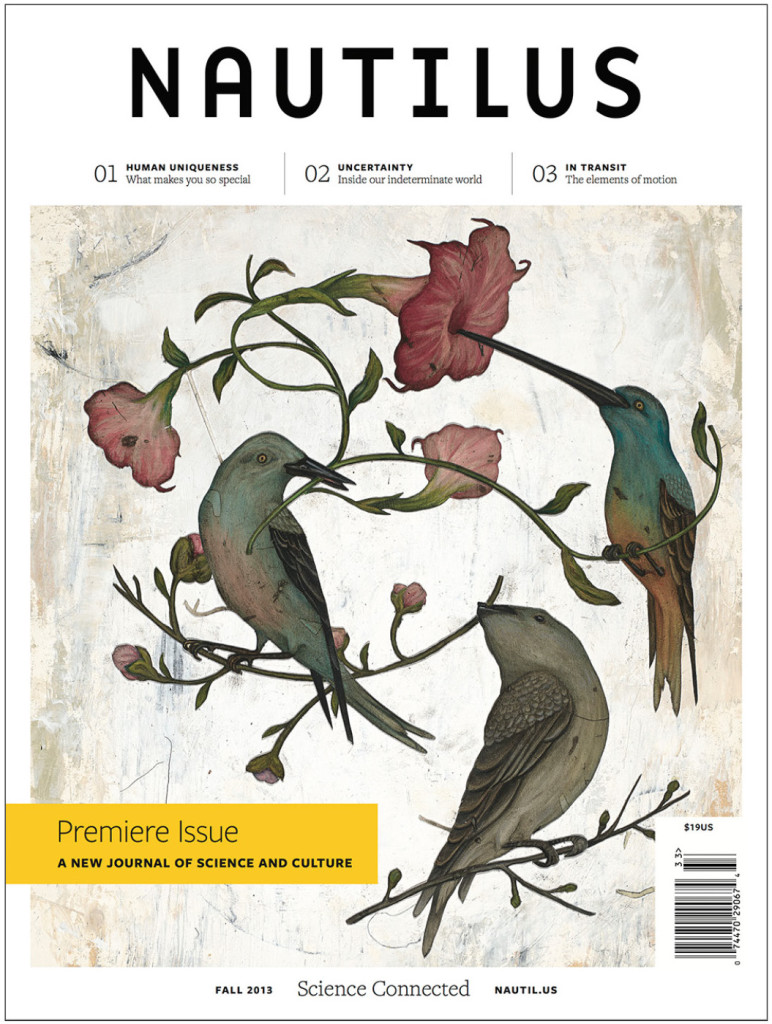So I’m not in the habit of beating dead horses (though I did once write a scene in which a couple got romantic while leaning up against one, but that’s a different story), and I don’t bother to review or comment upon every movie I see (such as Boss Baby, which I saw weekend-before-last, and actually had its funny moments), but I can’t let the much-anticipated film adaptation debut of Dave Eggers’s The Circle pass without a blink. I’ve taught the novel a couple times now and am a fan of it, kind of: Although the prose seems rather utilitarian in general, Eggers captures a zeitgeist snapshot (screenshot?) with it, and overall the obsession with metrics and the takedown of digital hooey is clever fun. When I heard that Tom Hanks would be playing Eamon Bailey and Emma Watson the star role of Mae Holland I actually had high hopes for the film, thinking it might even be better than the book, in which at times the characters seem pretty flimsy: The Circle is essentially a novel of ideas, big on plot and short on character. Cool with me. Not every book has to be the same thing. The luminous, lyrical novel is itself overrated. The Circle is in some ways a 21st century satire, a digital romp, and does that quite well. Now to the film version.

It starts out well, actually, with Emma Watson trapped in a crummy job in a crummy office, until she gets a call from her (basically unidentified) friend Annie (played by spunky Karen Gillan), saying she’s got her an interview at The Circle, a high-tech company that seems a mash-up of Apple, Google, and a spritz of Facebook. After a (somewhat amusing) interview she’s quickly hired and plunked in front of a screen as a worker bee in Customer Experience, which one would normally rank as a menial position, but in the upside-down, digital world of The Circle seems right up there with Chief Glib Officer or some such executive position—although I realize even the term “executive” is soooo Twentieth Century. The funniest scenes unfold in the first half, such as when Mae gets upbraided by the company’s social media minions, and when the screen is overlaid with comments by the multitude of users on Mae’s “transparent” feed, when she’s wearing a camera and going about her daily routine, with millions of watchers: You might wonder why anyone would watch her life, but people do kookier things, right?
Around halfway through the film, things go downhill. The novel does a nice job of accentuating Mae’s descent into digital narcissism and isolation when she wonders why, now that her life is fully “transparent,” no one wants to talk to her anymore: She seems clueless that people don’t want everything they do and say seen by the rest of the world. There’s a great moment that mirrors the pitfalls of social media when all the “real” people in her life avoid her, but she basks in the adoration of distant, online “friends,” and spends hours liking this and liking that, humble-bragging whatnot, and basically living in her own digital bubble. The film tries to handle some of that scene, and does it badly. Suddenly her friend Annie, who got her the job in the first place, avoids her, but it’s not exactly obvious (as far as I could tell, trying to judge it just by what’s on the screen, and not based on what I already knew from the novel) why. We’re meant to witness her soul being sucked into the digital world vortex, and that’s where the film falters: The Circle’s corporate bigwigs, Eamon Bailey (Tom Hanks) and Tom Stenton (Patton Oswalt), both become sinister villains, basically trying to tie poor Nell to the tracks, 21st century-style, by making it mandatory that everyone have a Circle account (Mae is the one who actually suggests it, sensitive gal that she is), and usurping the power and role of government itself. The worst move of all, however, concerns the completely redone ending.
The novel’s climax occurs when Mae’s old boyfriend, Mercer—an ostensibly sane person who is slightly overweight and hugely anti-social media, played in the film by skinny slacker-dude Ellar Coltrane—kills himself, hounded by social media Circlers, driving his pickup off a bridge and plunging to his fiery—or, as my Utah rafting friends say, “super crunchy”—death. I was surprised in the first reading of the novel, in that I thought the Circlers would all be chastened by Mercer’s death and mend their ways. I liked that they didn’t. Mae is then offered a way out of the Circle world by the mysterious (I know: extremely corny) Ty, one of the Circle’s creators, who has realized its dire implications and misuses. You think she’s going to see the error of her ways, and instead she punts, and turns Ty into the other Circlers, cementing her place as a good digital drone. It was a surprise move, and generated a nice twist: Mae chooses greed and power over Ty’s airy promises of a life-less-stressful, more adventurous.
Cut to the film version, in which Mae, with the help of Ty (John Boyega, miscast), exposes the hypocrisy and mendacity of Bailey and Stenton, and they, as the “bad guys,” turn off the power to the auditorium, when she exposes all their secret email accounts and nefarious doings—a move that makes them seem digitally illiterate. She gets to be smug and “right,” blaming it on the big guy. We (social media users and film goers) can bask in the knowledge that this isn’t the regular user’s problem, just the bigwigs. (All that narcissism and hate-liking on FB isn’t your fault, it’s Mark Zuckerberg’s, for creating Facebook in the first place.)
This corny “message” is a reverse of the novel’s implications, in which Mae is seduced into digital shallowness because she’s shallow to begin with, and the Circle’s much-vaunted algorithms amplify her worst impulses. The film’s corny climax is an obligatory nod to the “power of the internet”—if, of course, used well. Yeah, right. In reality social media’s most recent political triumph is electing our Tweeter-in-Chief, who would brush off Mercer as just another “loser” we should be glad to be rid of. It’s a total copout, a cheesy Hollywood ending, Mae learning the error of her ways and somehow, with Ty’s help, exposing the sins of Eamon/Tom, although those “sins” seem vague in the movie. John Boyega as Ty is pretty awful, his role trimmed down to a nub, and it doesn’t really make sense that he would pull this final switcheroo on Mae’s bidding, considering she’s essentially a nobody who happens to be on camera.
The final moment of the auditorium scene is beyond preachy and corny: When the lights go out in the auditorium full of people, right after Mae has told them she’s releasing all (her bosses) emails, all the audience members hold up their phones, providing illumination: A thousand points of light! Let’s take a selfie together!
Then it fades into one final mystifying take, which recreates the beginning: Mae is kayaking on a deserted lake, and suddenly a drone appears above her, presumably recording her smiling, smug face, and it’s meant (I think) as a triumph of the little guy over the corporate monsters. Yet it still reveals an obsession with appearances—you can’t just live, you have to live onscreen, and look good while you’re doing it—and Emma Watson’s obviously heavily made-up face is another nod to airbrushed pseudo-reality. See? You can use the digital tools and have an adventurous life, right? (Sorry about hounding you to death, Mercer, but gosh don’t I look great in this kayak?)
On the other hand, a few days before I saw The Circle I read, out of the blue, a new essay by no less than Cormac McCarthy, published April 20th in the journal Nautilus, here, titled “The Kekule Problem: Where did language come from?” I can’t sum this up in a jaunty sentence or two, but suffice to say it’s a curious piece about the role of the unconscious in logical thought, inspiration, creativity, and language. Part of its charm lies in his musings about how the unconscious “knows” without (or transcends) language. There’s a touch of the sublime in it. Which is a nice thing to find, in our digitized world.

- March 2026
- February 2026
- January 2026
- November 2025
- October 2023
- September 2023
- September 2021
- April 2020
- September 2019
- May 2019
- August 2018
- February 2018
- January 2018
- October 2017
- August 2017
- June 2017
- May 2017
- March 2017
- February 2017
- November 2016
- October 2016
- May 2016
- April 2016
- March 2016
- February 2016
- January 2016
- November 2015
- October 2015
- September 2015
- June 2015
- May 2015
- April 2015
- March 2015
- December 2014
- September 2014
- August 2014
- May 2014
- March 2014
- February 2014
- January 2014
- December 2013
- November 2013
- October 2013
- September 2013
- August 2013
- July 2013
- June 2013
- May 2013
- April 2013
- March 2013
- February 2013
- January 2013
- December 2012
- November 2012
- October 2012
- September 2012
- August 2012
- July 2012
- June 2012
- May 2012
- April 2012
- March 2012
- February 2012
- January 2012
- December 2011
- November 2011
- October 2011
- September 2011
- August 2011
- July 2011
- June 2011
- May 2011
- April 2011
- March 2011
- February 2011
- January 2011
- December 2010
- November 2010
- October 2010
- September 2010
- August 2010
- July 2010
- June 2010
- May 2010
- April 2010
- March 2010
- February 2010
- January 2010
- December 2009
- November 2009
- October 2009
- September 2009
- August 2009
- July 2009
- June 2009
- May 2009
- April 2009
- March 2009
Recent Posts
- On Tom Waits in “Father Mother Sister Brother”: Grifter Like Me
- On “After the Hunt” and “The Tavern at the End of the World”: Land of the Lost Professors
- On Morris Collins’s Novel “The Tavern at the End of History” (2026) and the Coen Brothers’ Film “A Serious Man” (2009)
- “Song Sung Blue” Makes Kate Hudson Oscar Worthy
- On Randall K. Wilson’s “A Place Called Yellowstone”: Award-Winning History of Yellowstone National Park
Recent Comments
No comments to show.
